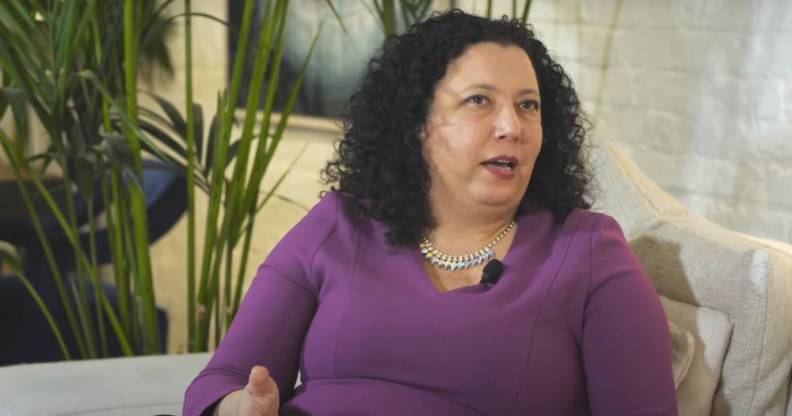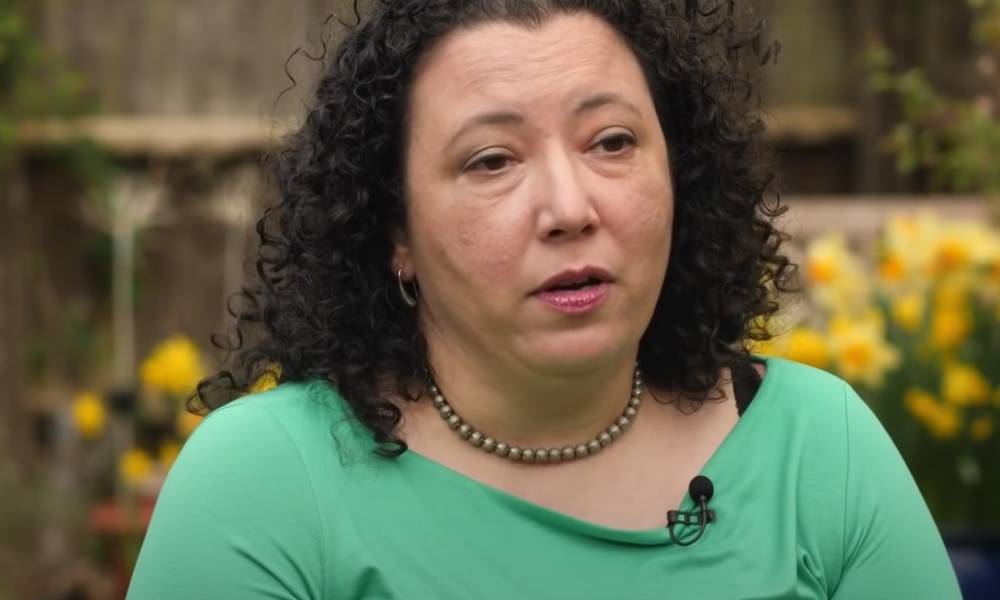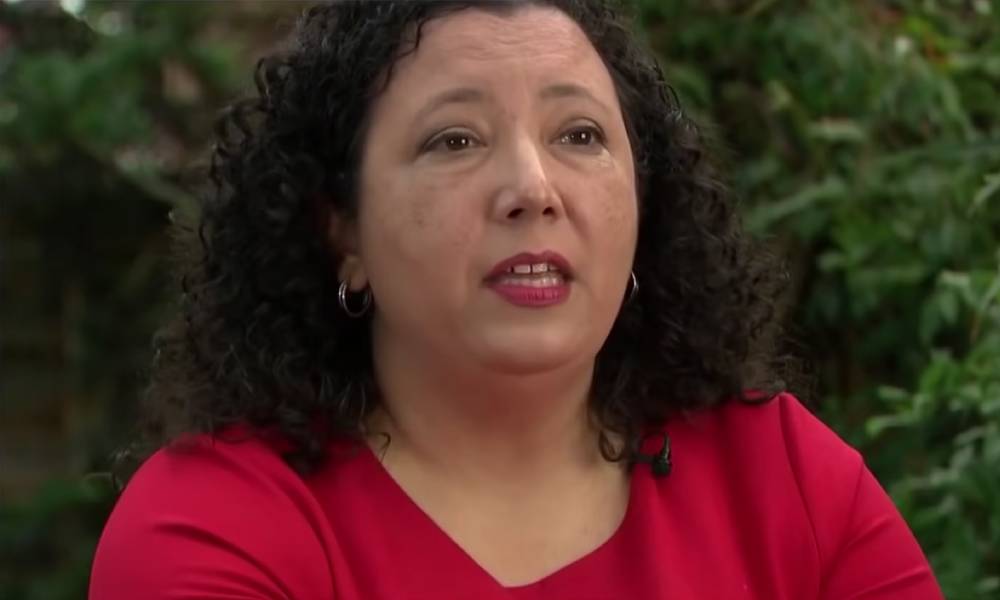Judge rules Maya Forstater was discriminated against because of ‘gender-critical’ beliefs

A London employment tribunal ruled Maya Forstater was discriminated against by her former employer because of her ‘gender critical’ beliefs. (YouTube/Paola Diana)
An employment tribunal unanimously ruled tax researcher Maya Forstater was directly discriminated against because of her ‘gender critical’ beliefs.
Maya Forstater has been at the centre of a high-profile legal battle to have so-called ‘gender critical’ views protected under equalities law. She claimed she was discriminated against because of her ‘gender-critical’ views when her contract was not renewed by the Center for Global Development (CGD), where she had worked as a contractor.
In June 2021, the Employment Appeals Tribunal (EAT) found Forstater’s views did fall under the protected characteristic of “religion or belief” in the Equality Act 2010.
On Wednesday (6 July), the London Central Employment Tribunal determined that Forstater was discriminated against by the CDG, and that her job contract and visiting fellowship were not renewed because she held ‘gender critical’ beliefs.
The tribunal also ruled that Forstater’s complaint of victimisation was well-founded in respect of the removal of her profile from websites for CGD and its European branch.
However, Maya Forstater’s other complaints of harassment and indirect discrimination related to “sex and belief” were dismissed alongside another complaint of victimisation because the organisation withdrew an offer to engage with her as a consultant.
Forstater brought the case against CGD, where she formerly worked on a consultancy basis, claming the think-tank discriminated against her by failing to renew her contract after colleagues complained about her anti-trans tweets.
Employment judge Glennie wrote in the ruling that Forstater’s anti-trans tweets were “part of the reason” why she was not offered employment in the “shape of a senior fellowship”.

A London employment tribunal found Maya Forstater’s anti-trans tweets were “part of the reason” why she wasn’t offered an employment contract. (YouTube/Sky News)
The ruling read: “Absent an explanation from the Respondents, the facts are such that the Tribunal could properly conclude that the tweets were a substantial part of the reason why Ms Forstater was not offered employment; and the Respondent’s evidence, far from proving the contrary, supports the finding that they were.”
The tribunal also said it would be an “error to treat a mere statement of Ms Forstater’s protected belief as inherently unreasonable or inappropriate”. It referred to the EAT’s judgement in the claim that beliefs “may well be profoundly offensive and even distressing to many others, but they are beliefs that are and must be tolerated in a pluralist society”.
It heard the tribunal had a “policy of retaining former Visiting Fellows on the Alumni Page”. CGD told the tribunal there was a “pre-existing policy of removing profiles of Visiting Fellows when they ceased to act as such”, which the tribunal said was “clearly incorrect”.
The tribunal said there was a “coincidence in the time” between Forstater launching a crowdfunding campaign and taking part in a Sunday Times article “both on 5 May 2019” and the removal of her profile on CGD’s websites on 9 May.
Glennie wrote CGD’s director of HR and administration, at the time of the events, “conceded as much” in his oral evidence that Forstater’s “profile was removed from the Alumni page because of the Sunday Times article”.
Glennie said the thinktank advanced “what was subsequently accepted as an incorrect explanation” of Forstater’s profile being removed.
“Taken together, and in the absence of an adequate explanation, a Tribunal could properly infer that the incorrect account had been given in an attempt to avoid admitting that the profile had been removed because of the protected act,” Glennie wrote in the ruling.
The tribunal added that the offer to have Maya Forstater continue working as a consultant was “not withdrawn” as it was “Forstater who brought the relationship to an end”. As such, it found the “detriment therefore did not occur”, and Forstater’s complaint of victimisation was dismissed.

Maya Forstater says she’s “pleased” with the employment tribunal ruling. (YouTube/Sky News)
Maya Forstater released a statement that she is “pleased” with the ruling and believed her case matters for “everyone who believes in the importance of truth and free speech”.
“We are all free to believe whatever we wish,” Forstater wrote. “What we are not free to do is compel others to believe the same thing, to silence those who disagree with us or to force others to deny reality.”
Amanda Glassman, CEO of CGD Europe and executive vice president of CGD, said the thinktank is “reviewing” the employment tribunal’s judgement.
“CGD’s primary aim has always been to uphold our values and maintain a workplace and an environment that is welcoming, safe, and inclusive to all, including trans people,” Glassman wrote.
“As we consider our next steps in this case, CGD remains focused on our mission: reducing global poverty and inequality through economic research that drives better policy and practice by the world’s top decision makers.”
A future tribunal hearing will determine any remedy for Maya Forstater’s successful complaints as well as any issues as to “apportionment between the respondents” in the case.

